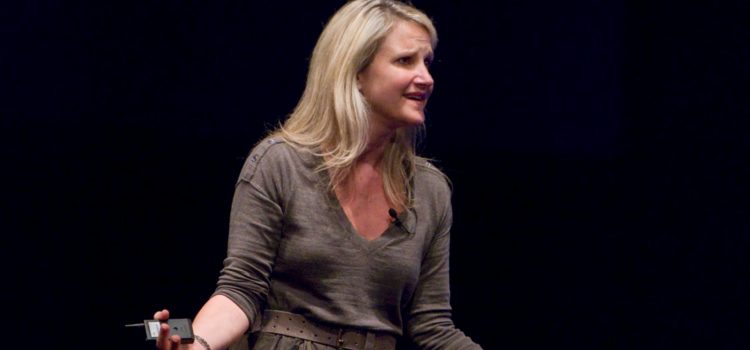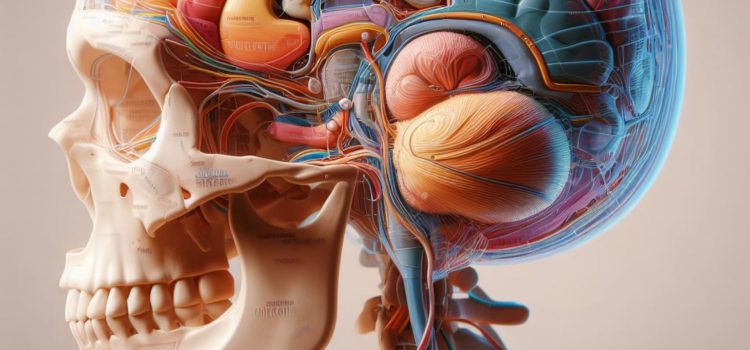Why are remote workers suffering from health issues? What are Dr. Andrew Huberman’s suggestions for improving remote work conditions? Working from home has become more normalized today than ever before, due to the COVID-19 pandemic. In an episode of Huberman Lab, Dr. Andrew Huberman provides actionable advice for remote workers to maintain health and well-being. Read below for Huberman’s health tips for remote workers.
Andrew Huberman’s Health Advice for Remote Workers










